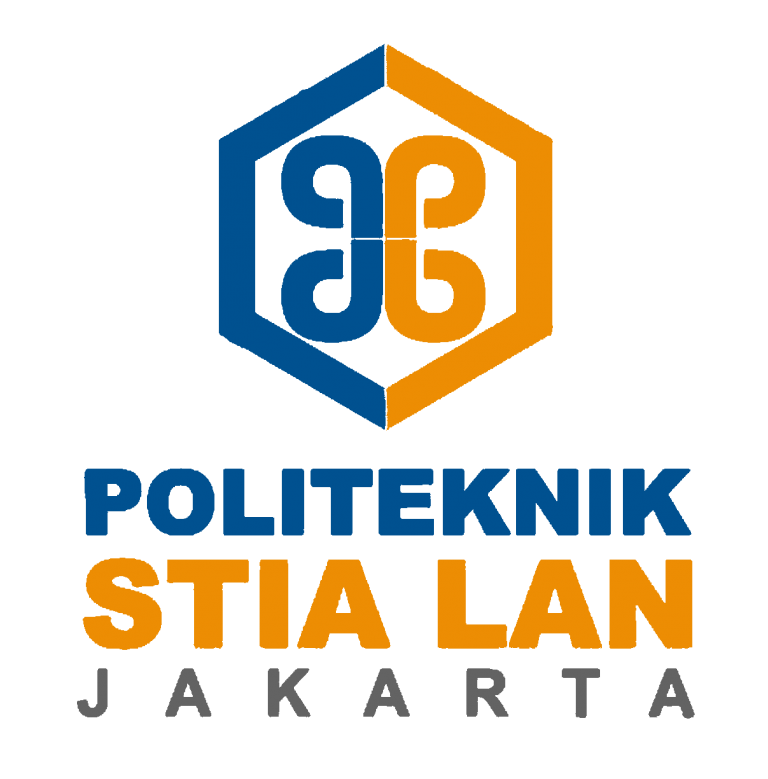The Applied Doctoral Program – State Development Administration Study Program of the NIPA School of Administration performs an applied doctoral degree namely State Development Administration study program. It focuses on administrative and development science related closely to government policy and development studies. Becoming the one and only applied study program for doctoral degrees, the Doctoral – State Development Administration Study Program of NIPA School of Administration conducts applied learning and research that contribute to the practices of development and administration, also the improvement of governance. It aims to accelerate the enhancement of both the quality of bureaucracy and the quality of community welfare.
The Applied Doctoral Program aims to create human resources as ethical, cultured, and high-performing intellectuals or scientists for realizing sustainable development based-state development administration practices. Therefore, after completing the educational program, graduates of the Applied Doctoral Program are expected to:
- Be able to document problems related to state development administration by developing appropriate approaches and methodology both quantitative and qualitative frameworks;
- Analyze strategic issues in public organizations within the perspectives of multidimensional concepts and theoretical insights as a basis for policy recommendations to improve state development administration barriers;
- Be able to develop science and technology-based professional practices through creative, original, and eligible works, inter, multi, and transdisciplinary approaches in an attempt to accelerate governance, public policy, and public service delivery towards good governance;
- Able to manage, lead, and develop research related to state development administration as a means to enhance collaboration of multi-helixes including state and non-state actors to gain national and international recognition;
- Accelerate productivity and skills in responding to disruptive and dynamic eras to enhance competitiveness both nationally and internationally;
- Manage public service delivery and community empowerment as integral parts of increasing social equity and community welfare.
VISSION
Realizing a Quality Applied Doctoral Education Program in the Field of State Development Administration with Its Excellency of Creating Graduates with Integrity and Competence through “Experience-Based Knowledge in 2019-2029”.
MISSIONS
- Performing applied learning to formulate a practical design of a state development administration system that provides a distinguished novelty value to increase individual and organizational capacity at the local, national, and international levels;
- Conducting applied research that contributes to the development and governance reform through the collaboration of government, private, and community sectors;
- Performing community service that contributes to social welfare;
- Designing and publishing scientific works in the field of state development administration that contribute to the global academic and practical realms;
- Establishing various attempts of mutual cooperation at the local, national, and international levels.
CURRICULUM
The curriculum is developed by the Applied Doctoral Program Peer Group of Lecturers and other elements constituted by the Director under the Academic Senate’s recommendation. The following curriculum consists of 43 credits and was determined as an academic reference for the stakeholders of the applied doctoral program.
- Compulsory Subjects/Courses (12 credits)
- Philosophy and Development Administration Paradigm (3 credits)
- Applied Research Methodology of Development Administration (3 credits)
- Model and Development Innovation (3 credits)
- Development Policy (3 credits)
- Optional Subjects/Courses (6 credits)
- Qualification Exam (3 credits)
- Dissertation (22 credits), including proposal examination (3 credits), research result examination (6 credits), closed examination (10 credits), and disclosure examination (3 SKS).
Taking 43 credits, the Applied Doctoral Program students have at least 6 (six) semesters or 3 (three) academic years and a maximum of 14 (fourteen) semesters or 7 (seven) years. Learning methods are both synchronous (real-time) and a-synchronous including online and offline media. There are 3 (three) ranges of GPA with 3 (three) predicates including (1) cum laude predicate for a GPA of 3,81-4,00 with a study period of a 3-year maximum; (2) very satisfactory predicate for a GPA of 3,41-4,00 with a normal study period, and (3) satisfactory predicate for a GPA of 2,75-3,40 with a normal study period.
LEARNING OUTCOMES
Character
- Interact and communicate effectively, both scientifically and practically;
- Upholding morality and piety towards God;
- Internalizing academic values, norms, and ethics;
- Performing role as citizens whose dignity and pride for the country, upholding nationalism and a sense of responsibility to the state and nation;
- Respecting the diversity of cultures, perspectives, religions, and beliefs, as well as the original opinions or findings of others;
- Contributing to improving the quality of life in society, nation, state, and the advancement of civilization on a value basis of Pancasila;
- Developing the ability to cooperate and have a social concern as well as empathy for community and environment;
- Obeying the law and discipline as citizens;
- Internalizing the spirit of independence, struggle, and entrepreneurship;
- Demonstrating an attitude of work responsibility in the field of expertise independently;
- Internalizing professionalism and integrity.
Cognitive Domain
- Understanding and being able to design theoretical concepts, methods, and tools for state development administration’s aspects;
- Understanding and being able to design managerial concepts and strategies and develop them into operational plans;
- Understanding and being able to construct concepts regarding applied research methodologies such as case studies, histories, surveys, simulations, and experiments in the scope of quantitative, qualitative, and mixed methods, exploratively, descriptively, and verifiably.
- Understanding and being able to share knowledge about critical issues of state development administration amongst local, national, regional, and global spheres.
General Skill
- Capable of selecting acceptable, up-to-date, internationally qualified research in an attempt to support sustainable development goals through interdisciplinary, multidisciplinary, or transdisciplinary techniques;
- Ability to manage data documentation, storing, securing, and recovering to ensure validity and prevent plagiarism.
- Capable of demonstrating academic leadership, responsibility, and accountability in multi-leveled organizations;
- Capable of performing professional communication skills, networking, and collaboration in various types of media and organizations;
Specific Skills
- Capable of conceptualizing and designing theoretical framework, methods, and tools for state development administration’s aspects of analysis including planning, organizing, staffing, directing, monitoring, and controlling in various types of organizations;
- Capable of discovering and creating state-of-the-art –contributions to development and governance, as well as practicing science, technology, and humanities values in the field of state development administration, by producing models, prototypes, or technological innovations to solve problems within the framework of logical, critical, and creative thinking;
- Capable of designing and formulating both quantitative and qualitative based- policy recommendations effectively and efficiently in various forms of regulations, mass media-based publications, academic articles, and popular opinions;
- Capable of developing strategies for both development and governance transformation by developing interdisciplinary, multidisciplinary, or transdisciplinary approaches while upholding local wisdom values;
- Capable of compiling contextual, academic, and scientific arguments as well as solutions for state development administration based on a critical view of facts, concepts, principles, or theories and communicating them to the public through mass media or directly;
- Capable of compiling scientific conceptions, and theoretical and empirical analysis in conducting research for dissertations based on scientific principles, procedures, and ethics, as well as publishing scientific articles in Scopus Q3 indexed journals.
GRADUATE PROFILE
Graduates are expected to take part in particular fields of expertise or work after completing their studies. Representative graduate profiles of the Doctoral Program of the State Development Administration Study Program are:
- Senior policy analyst;
- Senior inspector;
- Senior development planner;
- Senior development consultant;
- Senior researcher;
- Professionals;
- State officials.



